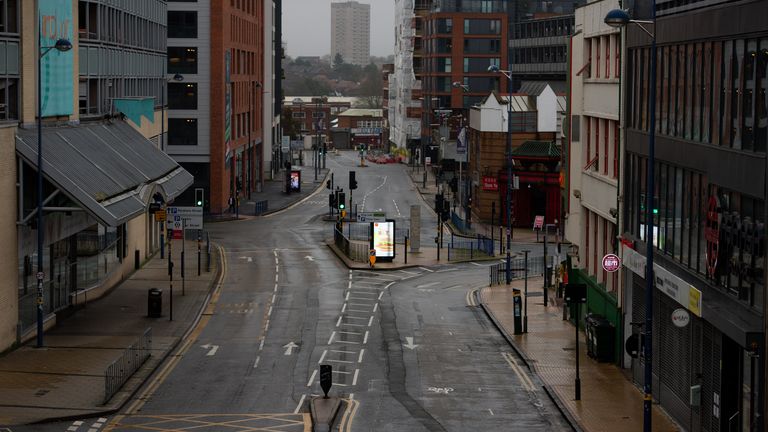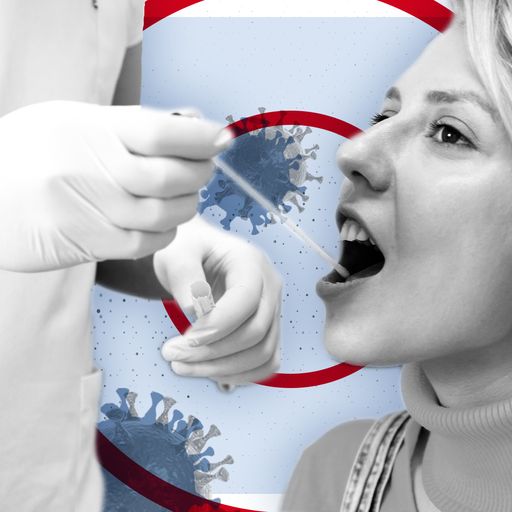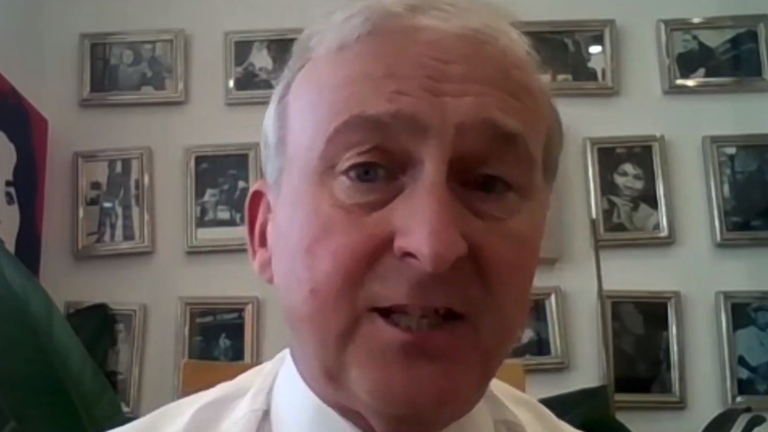Restaurants in Tier 3 could have a route to reopening if a pilot project in Birmingham gets the go-ahead.
The idea put forward by Birmingham City Council would see diners booking a table before having a rapid coronavirus test.
If the result is negative they could bypass Tier 3 rules, which say hospitality venues can only operate as takeaways, and head out to eat. As long as it was within six hours of the test.
Although the plan will need to be approved by the government to go ahead, the proposal has been welcomed by the deputy manager of The High Field, a restaurant in Edgbaston.
"We think it's brilliant," said Charlotte Carter.
"Our main focus has been keeping people safe and that has always been our core value and if this will help us get our guests back safely, we are 100% behind it."
The idea was outlined by Councillor Ian Ward, the leader of Birmingham City Council, during a regional COVID-19 briefing on Friday.
The plan is in its early stages and would involve a small number of restaurants to start with, but the hope is it could be extended to the arts and events industries as well as hospitality.
"This is an innovative way in which we can help these sectors," said Mr Ward.
"It wouldn't cost the government any more than they are already spending and it may open up a solution not only here in Birmingham but across the country.
"We are now waiting for government to give us an answer and we are very much pushing them to be positive about this."
Birmingham is one of the Tier 3 areas who will begin a community coronavirus testing programme, using quick-turnaround tests, from Monday.
The enhanced testing programme follows a successful city-wide testing pilot in Liverpool.
Health Secretary Matt Hancock said testing everyone, regardless if they have symptoms, will be a "vital additional tool" in finding asymptomatic cases.
Sam Morgan, the owner of the restaurant Craft (which is completely shut for now), said the plan to test diners was too big a business risk.
"Naturally, being closed, we are unprofitable, but it could actually pan out to be considerably worse if a business was expecting a hundred guests to arrive and it subsequently, as a result of testing, only had half of those guests arrive," said Mr Morgan.
"The cost around the wastage of stock and additional manpower would be significant.
"I'm also concerned that our staff will start to sway into some sort of enforcement capacity."
However, concerns have been raised about the effectiveness of the quick-turnaround lateral flow tests which deliver results in under an hour.
Phil Innes owns a cheese and wine tasting business in the city called Loki, and while he is desperate to get everything back to normal, he said safety had to come first.
"If the science works and the tests work, I think it's a really important thing to try to get hospitality moving again," he said.
"But first and foremost it needs to be proven that it's safe to do so because we don't have another wave of infections."





